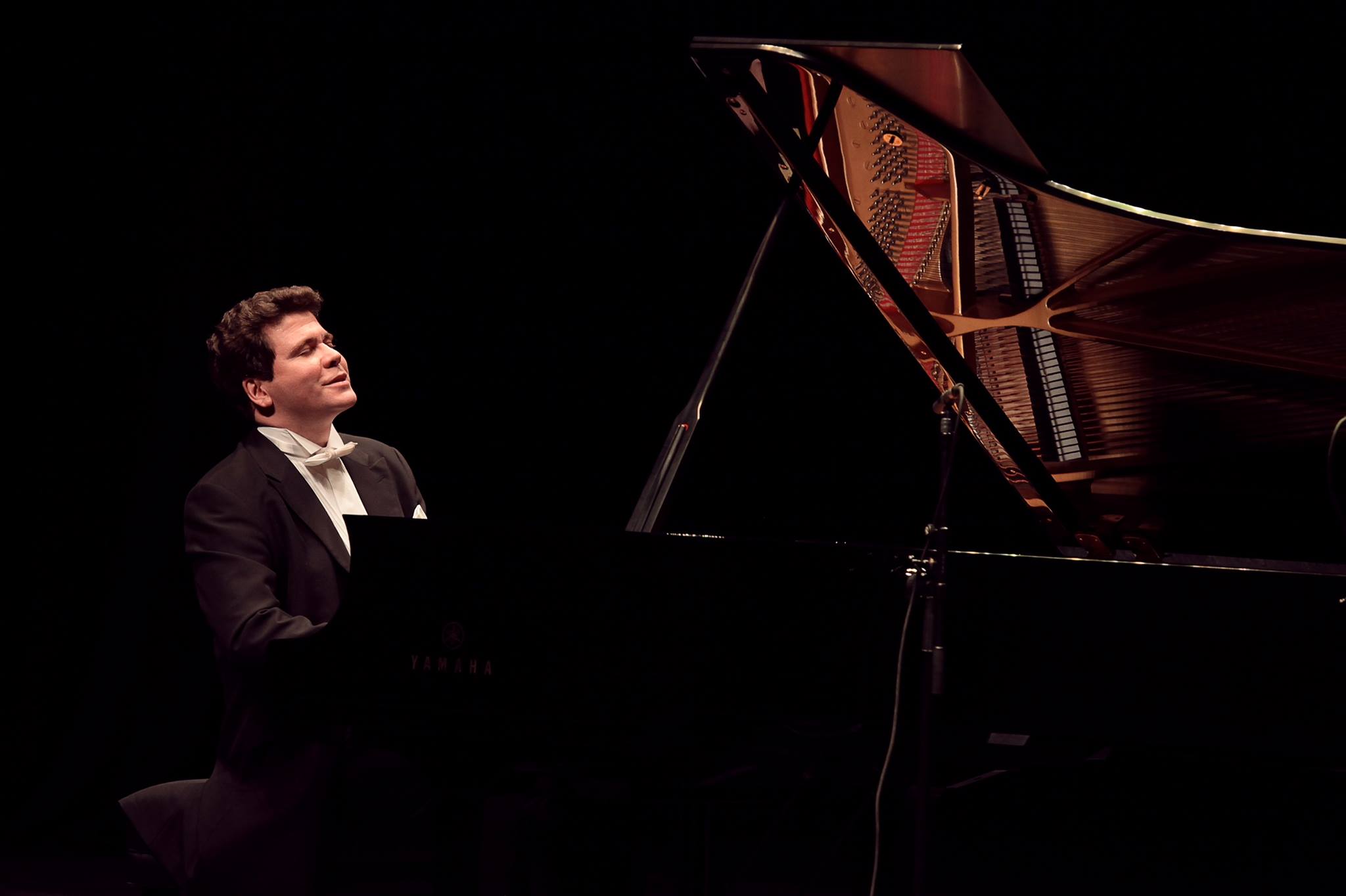Lucas Debargue

With his slender frame, wispy beard, shaggy hair, and tight-fitting jacket, twenty-six year-old French pianist Lucas Debargue looks more than a bit like an unkempt rock musician, or someone you might see at an outdoor cafe far from the Seine, bent over a book, a cigarette in one hand, the other fingering a long-empty espresso cup.
What’s most unusual about him is his background, which seems a bit like something out of a movie: inspired by listening to Mozart CDs, he began playing piano by ear at age 11; at age 15 he ditched classical music for rock; he stopped playing altogether at 17, and at the age when most concert pianists are spending hours and hours practicing and honing their technique, Debargue was working in a supermarket. He took the instrument up again nearly three years later at age 20, only then beginning formal training for the first time, while also playing jazz in bars. Four years later he came in fourth place at the 2015 Tchaikovsky Competition, becoming an instant curiosity, if not an overnight sensation.
There are two other unusual things about Debargue: first, his finger technique is unusually stiff -- never have I seen a pianist with such tension-filled hands, with fingers that look like they instinctively protest any and every fluid gestures, despite their ability to reel off phrasings of unexpected nuance and thoughtfulness; second, he favors precision over technique, and interpretive voice above everything -- admirers of Horowitz, and especially Buniatishvili, should seek him out. His is a style that chooses deliberation over perfection, and engages in a dialogue with the composer in place of delivering rote recitations. The results aren’t always beautiful, but they were never less than compelling, and were frequently brilliant during his Saturday afternoon recital at UDC’s Theater of the Arts, his East Coast debut presented by Washington Performing Arts.
Leading off with a colorfully Scarlatti’s brief Sonata in C Major, it didn't take Debargue long to set off on his own course during a highly elastic version of Chopin’s Ballade No. 4, during which he came to a full pause at one point. Watching him perform the three movements of Ravel's Gaspard de la nuit, a difficult showcase of dexterity, his intensity echoed that of Gould and Keith Jarrett as he wound his way through the knotty "Scarbo" section with its crossovers and runs. The second half was devoted to Nikolai Medtner's Sonata No. 5 in place of a scheduled Beethoven piece. I've only heard it performed once before, but by the time Debargue was finished it was obvious to me that even though many people might have come to hear him out of curiosity, they'll be back just to hear him play.
If you liked this, like A Beast in a Jungle on Facebook for more.





